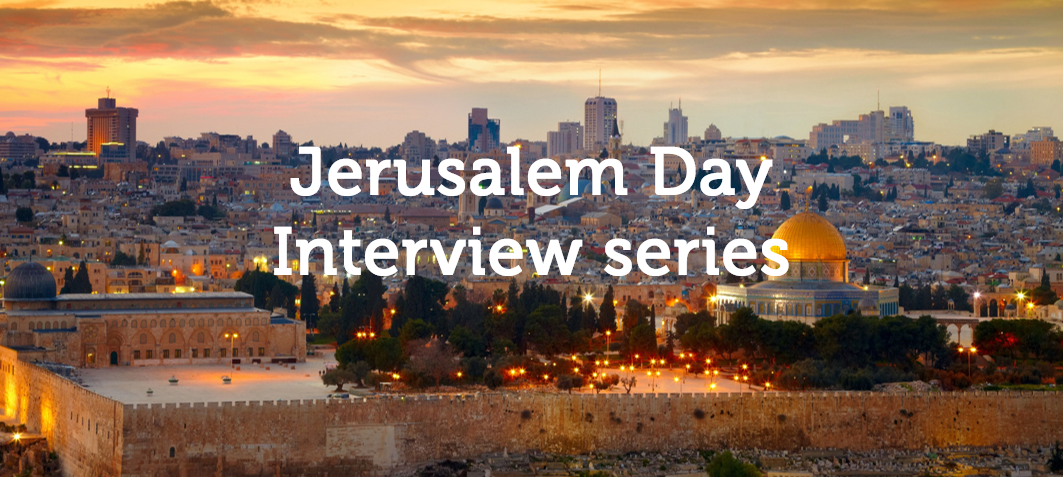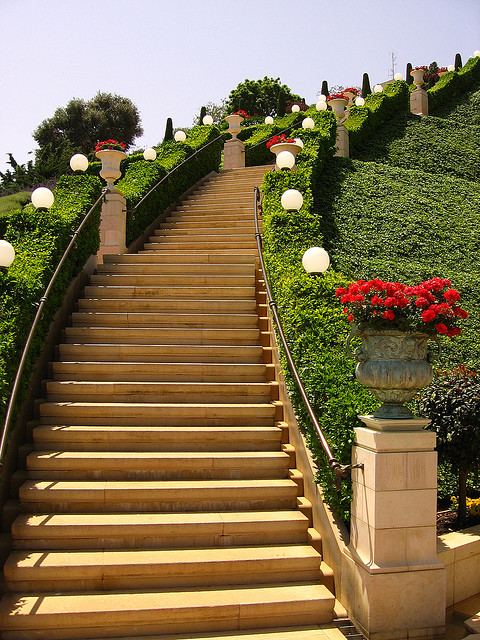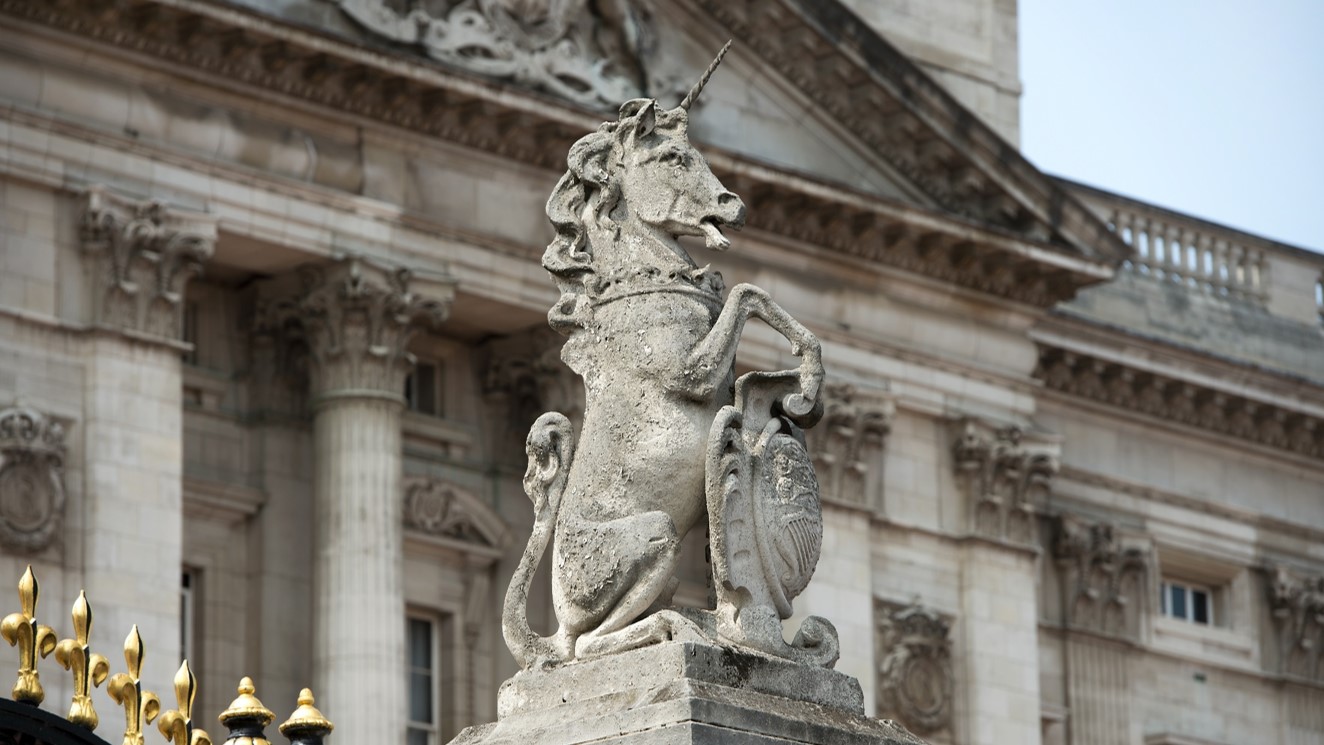In honor of Jerusalem Day, join us for a 3-part series of interviews with a few of Jerusalem’s movers and shakers, who work year-round on promoting and growing the city’s startup ecosystem.
—-
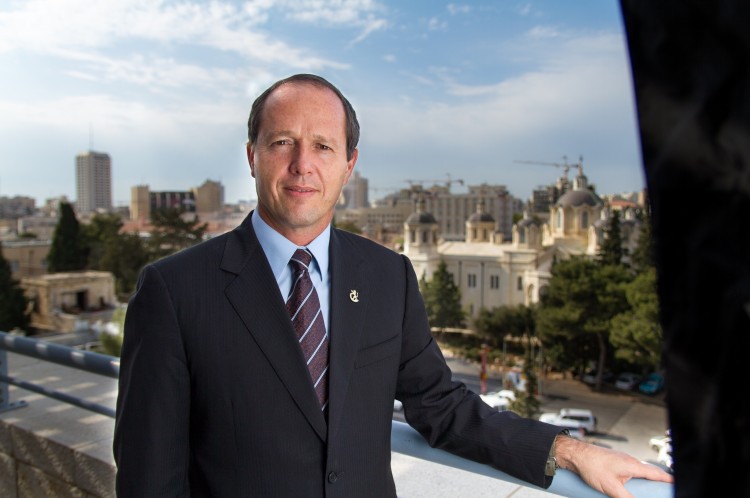
The following interview features Israeli businessman, entrepreneur, philanthropist, and Mayor of Jerusalem, Nir Barkat.
—-
A few words from Jerusalem Mayor Nir Barkat for Jerusalem Day:
As we celebrate 49 years of the reunited city of Jerusalem and we look toward the 50th anniversary of the reunification of our capital, it is my privilege and honor to share the trends of upward momentum in our city and our plans for the future.
Three thousand years ago, when members of the different tribes converged on Jerusalem, a sense of respect and friendship was formed. This same sense of kinship is felt in Jerusalem today. Jerusalem is a city that has always served to unite. This part of Jerusalem’s past is the essence of my vision for Jerusalem’s future.
Jerusalem is the heart and soul of Jewish people all over the globe and the spiritual center of the world for over four billion people of faith. Freedom of religion is strictly maintained in the city. Looking towards the future, I believe that by developing new products and ideas, we can create demand for the city of Jerusalem and scale to our opportunity.
JLM Day Interview with Jerusalem Mayor Nir Barkat
How do you manage a city as diverse as Jerusalem? What did you bring from your previous business career to your work as Mayor?
By managing and leading the city with a wide coalition, strong consensus, and respect for all sectors and religions, we have yielded results in the last seven and a half years that are being celebrated by all of the city’s residents. The Municipality’s budget has doubled since I assumed office seven and a half years ago.
Many of the tools, philosophies, and managerial skills I used in my work in the tech world and in venture capital, I use in my work as Mayor.
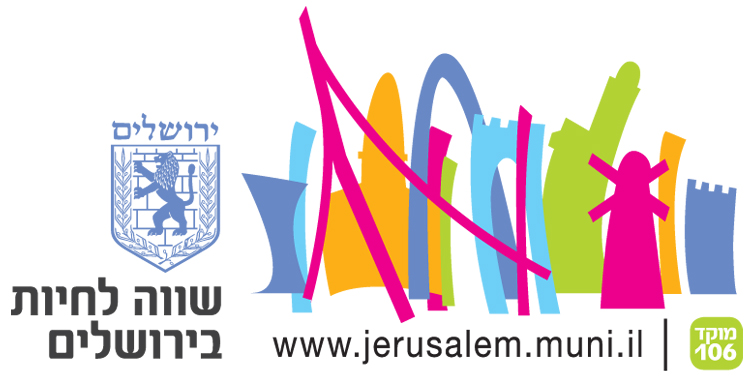
Accountability is a major philosophy in the way we run our city; I believe in results-driven programs. We only set Municipal Goals if they are measurable, the end result will be significant, and if there is room to scale and grow. I introduced the model of Project Managers for our Municipal Goals, who are responsible for bringing all the relevant professionals and departments together to deliver real results.
My philosophy is if you cannot measure, you cannot manage.
What work are you doing to grow the city’s business sector?
I often quote the verse: כי מציון תצא תורה, ki m’tzion teizeh torah, from Zion – Jerusalem – comes forth new Torah. My expanded interpretation of this verse is that thought leadership emerges from Jerusalem. In the past, when an idea was created and implemented in Jerusalem, it became standard throughout the world.
This legacy continues today. Jerusalem has been named by TIME Magazine as the world’s number one emerging tech hub and has been identified as one of the world’s top 50 cities start-up cities. The number of start-ups opening their doors in the capital has doubled in the past two years from 250 to 500 companies. These companies are leveraging the 3,000 years of investment in the Jerusalem brand.
We are investing heavily in the city’s infrastructure to support this incredible growth. We are developing a business district at the entrance to the city, which will include 13 towers with 35 stories each. The fast train to Tel Aviv and the new light rail lines opening in our city will make Jerusalem more accessible to residents, visitors, and investors from around the country and the world, further establishing Jerusalem’s place as the capital of the start-up nation.
The Jeruasalem 2020 Plan, our five-year plan for competitiveness and economic growth, developed in conjunction with Professor Michael Porter and Professor Richard Florida, has identified Jerusalem’s areas for competitive growth and strategies to continue to grow Jerusalem’s creative class. We have just received approval for the funding for the program from the National Government and I look forward to seeing this initiative help the city to grow and further develop its potential.
What made you transition from your business career into municipal politics?
Education has been the cornerstone of my time as Mayor and is what drew me into Jerusalem Municipal politics. Before I entered office, the city suffered a 12 percent decline in the number of students in primary and secondary national and national-religious schools. My wife and I have always been passionate about education, and we decided to start philanthropic investment in Jerusalem’s educational system. With time, I realized that in order to truly generate the change that I envisioned for our city, I needed to work from the inside. I decided to enter municipal politics and since then I have worked for the city for a shekel a year.
Our investment in education in Jerusalem has yielded impressive results. The number of students who are eligible for matriculation exams has grown from 64 percent in 2007 to 71 percent in 2015. The declining trend that I noticed as a resident of the city – the twelve percent decline in the number of students in primary and secondary national and national-religious schools – has completely reversed. Each year since 2008, we have seen an increase of 6% enrollment in these schools.
I believe in investing in our children’s future to bridge the gaps in our city. In East Jerusalem, 500 new classrooms have been created in the past five years and an additional 1,000 are planned in the next five. We have been opening employment centers and developing routes to success programs for students who graduate with Tawijihi degrees.
Investment in our children’s education is the key to the success for the future of our city and its residents. I am optimistic about the positive trends in our city’s educational system and am confident that they will continue.
Do you have any other messages ahead of Jerusalem Day?
Jerusalem is an open, united, vibrant, and thriving capital. The facts on the ground are proof that we must be doing something right. Jerusalem’s residents are increasingly satisfied with their lives in the city: ninety-one percent of Jerusalem’s residents report satisfaction with the standard of living in our city, as compared to the national average of 85 percent. Jerusalem is one of the safest cities in the world and an oasis of sanity and peace in a region wrought with conflict.
By aligning strategic development with our vision for Jerusalem, based on the city’s unique DNA as a center for all, we are working to grow Jerusalem to its potential. There is much work ahead of us, but based on our achievements thus far, I am optimistic about our future.

